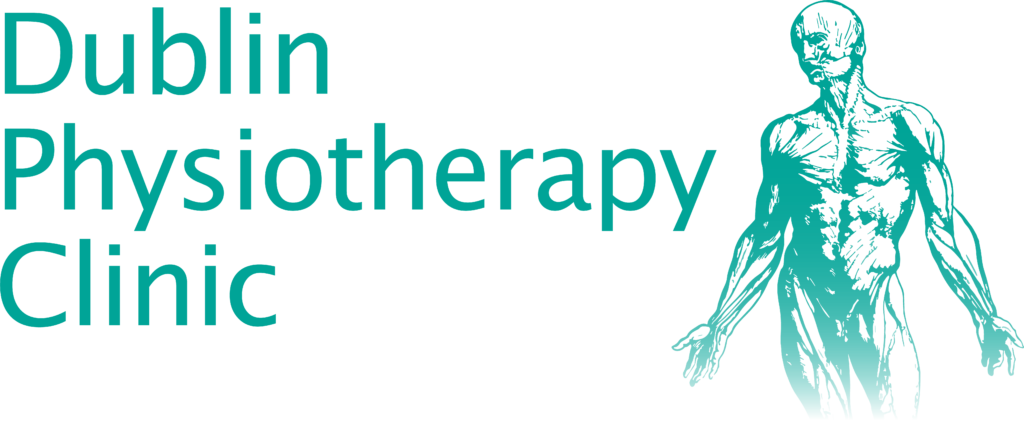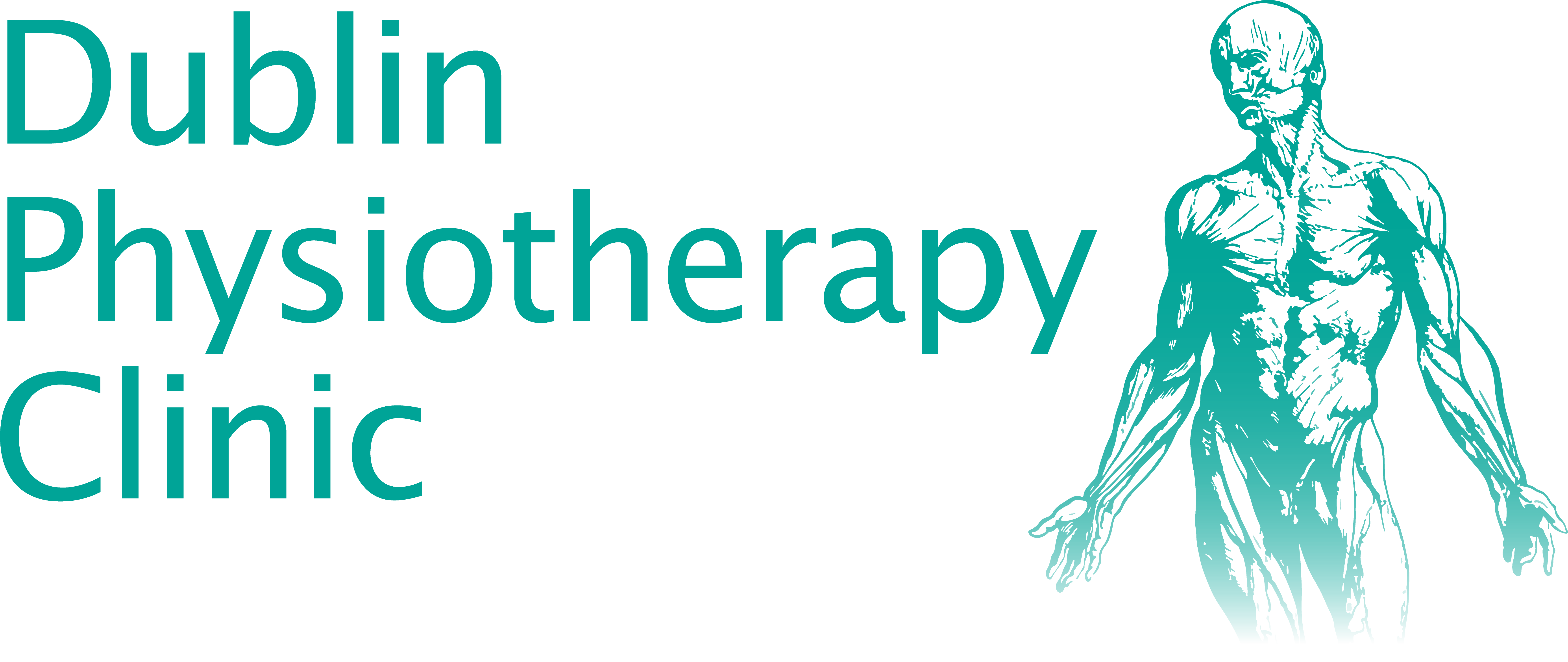What does continuity of care mean in physiotherapy practice.?This is a question I’ve been thinking about this week following an inquiry we had on the telephone and the lady asked would she be seeing the same therapist for each treatment. And that struck a chord with me because it’s frequently a conversation we have with patients and it’s something they express an opinion about that they if they were in practices where they were seeing a different therapist for each for each treatment session they found that there was a lack of continuity so continuity of care really means that it’s the same therapist managing you throughout your episode of care for a particular condition. And the reason that’s important for one obviously is that on your initial presentation the therapist who examines you is the one who gathers all of the facts relative to your condition at the time that you present and from that situation then plans a treatment regime based around their findings then obviously if they are the ones who are delivering the care then they can monitor closely with each treatment session whether your condition is responding appropriately or whether there are some surprises or something unexpected things. And obviously, if you have unique characteristics in terms of how you respond to injuries some people have more extreme inflammatory reactions some people who are muscle control switches off. Some people just have a greater level of tissue sensitivity than others.
So these are all unique characteristics to you and the therapist who knows your history or has been involved with managing your care for other conditions will be able to factor that in and although that information can be can be categorized listed in the clinical notes. it’s not the same as actually experiencing it with a patient I’m sure some of you have had the experience of changing and if you have a lengthy medical history trying to relay that history in a chronological fashion it can be challenging and trying to be confident that the new clinician has processed all of that information and has quantify that in a way that reflects your concerns about particular issues and also as processes in a way to come up with an effective management plan as being able to relay that to you. These are all critical parts of the the patient therapist relationship whereby you need to have confidence that the information that you’ve you’ve handed over or really the information that’s been extracted from you from systematic questioning and systematic examination has actually been used to try to speed up the recovery process and try to put in place most effective treatment regimes. So it’s a question that often comes up. I’ve never been a fan of switching therapists between episodes of care unless of course if there’s emergencies where a therapist is off sick or something along those lines but it is much better from a patient’s point of view and from a delivery of care if one therapist follows the condition from start to finish in a concise manner. Now there will of course be situations where a patient may have an aggravation of an acute problem let’s say an ankle sprain and they may have a long history of back issues and in that situation it’s quite common for another therapist within the practice who may be able to see them in a more timely fashion to commence an episode of care.
But then they’re in the position of doing a full thorough systematic examination on the time of initial presentation and structuring in their care. From that point on so that still is, it would fit into the category of continuity of care for a specific condition which may or may not be relevant to a previous long history. So I’m not a fan of swapping therapies for each treatment session. It can be effective from a clinical management point of view into in terms of its keeping therapists busy and making sure people don’t have downtime. But in terms of benefits for the patient, I think it’s much better that one therapist season from start to finish. Now to some extent it also depends on the kind of treatments that are being conducted. If it’s simply using hot packs or using machines in one form or another interferential ultrasound laser all of these kinds of devices where it’s just simply plugging in a machine then really not a lot of analysis involved in that so. So that kind of service does lend itself to swapping therapies but if one is trying to do systematic examination where you’re evaluating range of movement muscle function joint mechanics general functional capacity all of those things require a trained clinical eye to observe these observed these test responses and be able to devise specific treatment programs based on what the findings are so that does require individual one to one continuity. So I hope I made the case for a continuity of care on the one therapist.
It is an important issue and I think we see people in both camps some people who maybe are just used the therapy shopping just rocking up for treatment and not necessarily embracing the idea that if it’s a complex problem somebody needs to sit down and systematically work away through a whole number of layers of complexity to try to get to the root of the problem where and then that will depend on the kind of condition if something more or simple like an acute ankle sprain there’s a fresh injury then there may not be what relevance to the medical history. So a lot of how the care is delivered is dependent on the kind of case though that you see in our practice we tend to see a lot of longstanding chronic problems where one is trying to optimize people’s function to the best of their ability they may not be able to function 100% but once trying to maximize their capacity and in that situation is a very important factor in all the different variables there that are involved with care. So that was just the clinical thought that was prompted by a telephone call. I’ve got like to share that with here today and there we’ll see again in another video.
Bye for now.




